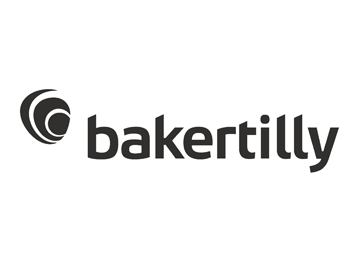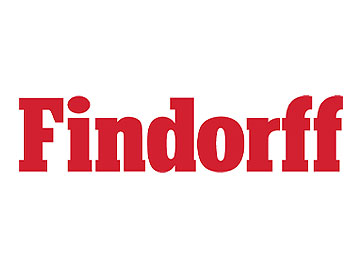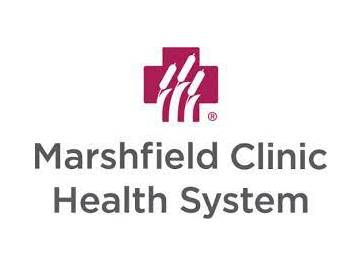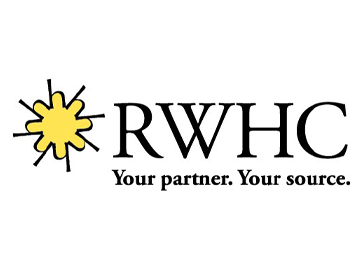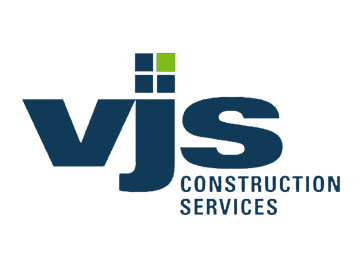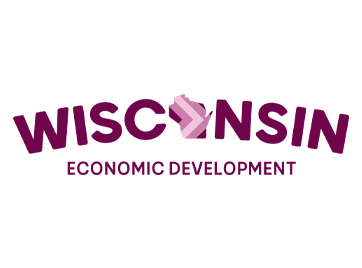State budget provision threatens key local economic development tool
By Michael Welsh, WEDA Legislative Affairs Director
The state of Wisconsin invests in multiple, highly effective economic development programs to help attract private capital, strengthen critical industries and spur job creation. However, local communities that serve as the main engines that drive business growth and prosperity across the state have very few economic development tools at their disposal.
In fact, Wisconsin municipalities only have one consistently reliable financial incentive to promote private development, tax base growth, and job opportunities: Tax Incremental Financing (TIF). It is a unique funding tool successfully used by communities across the state since 1975 to spur economic development that would not otherwise occur. Since its inception, TIF has increased property values in Wisconsin by over $16 billion.
Gov. Tony Evers state budget proposal includes a troubling provision that would significantly diminish the value of TIF as a local economic development tool. The provision would place a 20% cap on TIF developer grants, and in the process basically eliminate use of pay-as-you-go TIF, discourage below-market redevelopment projects, and limit TIF flexibility for Wisconsin communities.
While the provision is set to be removed from the budget bill by the Legislature’s budget-writing committee, it is important to ensure the proposal does not find its way back into the spending bill during the budget process or reappear as a stand-alone bill. TIF is already viewed negatively by a small, but vocal collection of policymakers who are eager to rollback the flexibility and benefits of TIF. It is important not to give them that opportunity.
When a municipality creates a Tax Incremental District (TID), the property value in the district is determined and becomes the TID’s base value. All taxing jurisdictions, including school districts and counties, continue to receive tax revenues from the base value. But as the value of the property within the TID grows, the increased tax collections are placed in a segregated fund used to pay for the project development costs associated with the TID. When a TID’s project costs are paid off, the increased tax revenue is shared with all taxing jurisdictions.
Although the use of TIF varies from project to project and community to community, TIF is generally used by local governments to fund public infrastructure, redevelopment, and other incentives to attract new and expanding businesses. Tax incremental financing is not a tax break or a hand out to businesses, but rather a proven financial incentive that sparks development and ultimately reduces the tax burden of other taxpayers.
Unfortunately, the budget provision to restrict TIF developer grants would put Wisconsin at a competitive disadvantage, radically altering the use of TIF in Wisconsin and jeopardizing its role as the most powerful economic development tool at the local level. Its potential impact on pay-as-you-go TIF is especially alarming.
The pay-as-you-go approach, which is increasingly used by Wisconsin municipalities, shifts the financial risk of development from the taxpayer to the developer. Under the PAYGO model, the developer funds the up-front cost of the project, and in exchange, the municipality agrees to provide financial incentives through new tax revenue generated by the TID. The state budget proposal would severely limit the use of pay-as-you TIF and shift the financial risk back to the local taxpayer.
To illustrate the impact on future TIDs, a leading municipal financial advisor has said nearly 60 TIDs they have worked on since October of 2016 would not have occurred had the proposed 20% restriction been in place.
The budget proposal would also make it more difficult for communities to redevelop older neighborhoods and more urban areas. These types of redevelopment projects often face unique challenges, such as obsolete buildings, contamination and decaying infrastructure. Without adequate financial incentives and flexible financing options provided by current TIF law, many of these redevelopment projects would not be economically possible and simply would not happen.
Tax incremental financing in Wisconsin has long been a driver of local economic success, helping to revitalize urban corridors and bolster industrial growth in rural areas. Wisconsin can’t afford to lose this momentum, but instead must ensure TIF law is maximized to keep Wisconsin competitive in a global environment.
It’s imperative to keep the TIF developer grant restriction out of the state budget bill and preserve the flexibility needed for municipalities to engage directly in economic development.

